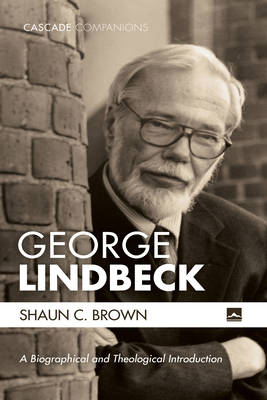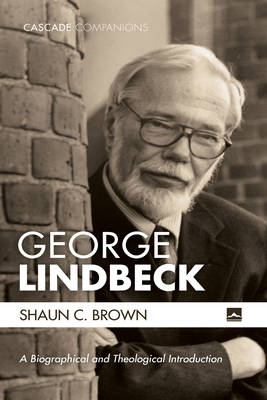
- Afhalen na 1 uur in een winkel met voorraad
- Gratis thuislevering in België vanaf € 30
- Ruim aanbod met 7 miljoen producten
- Afhalen na 1 uur in een winkel met voorraad
- Gratis thuislevering in België vanaf € 30
- Ruim aanbod met 7 miljoen producten
Zoeken
€ 34,95
+ 69 punten
Uitvoering
Omschrijving
George Lindbeck wrote one of the most often read and debated theological works of the twentieth century, The Nature of Doctrine. Despite the work's wide readership, few read the book considering his work as an ecumenist. In addition, few have read Lindbeck's other writings. This work seeks to remedy this situation by providing (1) a context for understanding The Nature of Doctrine, (2) a corrective to misreadings of Lindbeck's work, (3) an introduction to his broader corpus, and (4) some possible ways in which Lindbeck's work can contribute to future ecumenical discussion and to Christian theological practice more broadly. It will do so by focusing upon several key roles or aspects of Lindbeck's life and thought, from his understanding of his own Lutheran background and his participation in Lutheran-Catholic dialogue, to his training in medieval philosophy and theology and later work on the church as Israel.
Specificaties
Betrokkenen
- Auteur(s):
- Uitgeverij:
Inhoud
- Aantal bladzijden:
- 182
- Taal:
- Engels
- Reeks:
Eigenschappen
- Productcode (EAN):
- 9781532688737
- Verschijningsdatum:
- 15/07/2022
- Uitvoering:
- Paperback
- Formaat:
- Trade paperback (VS)
- Afmetingen:
- 127 mm x 203 mm
- Gewicht:
- 204 g

Alleen bij Standaard Boekhandel
+ 69 punten op je klantenkaart van Standaard Boekhandel
Beoordelingen
We publiceren alleen reviews die voldoen aan de voorwaarden voor reviews. Bekijk onze voorwaarden voor reviews.











